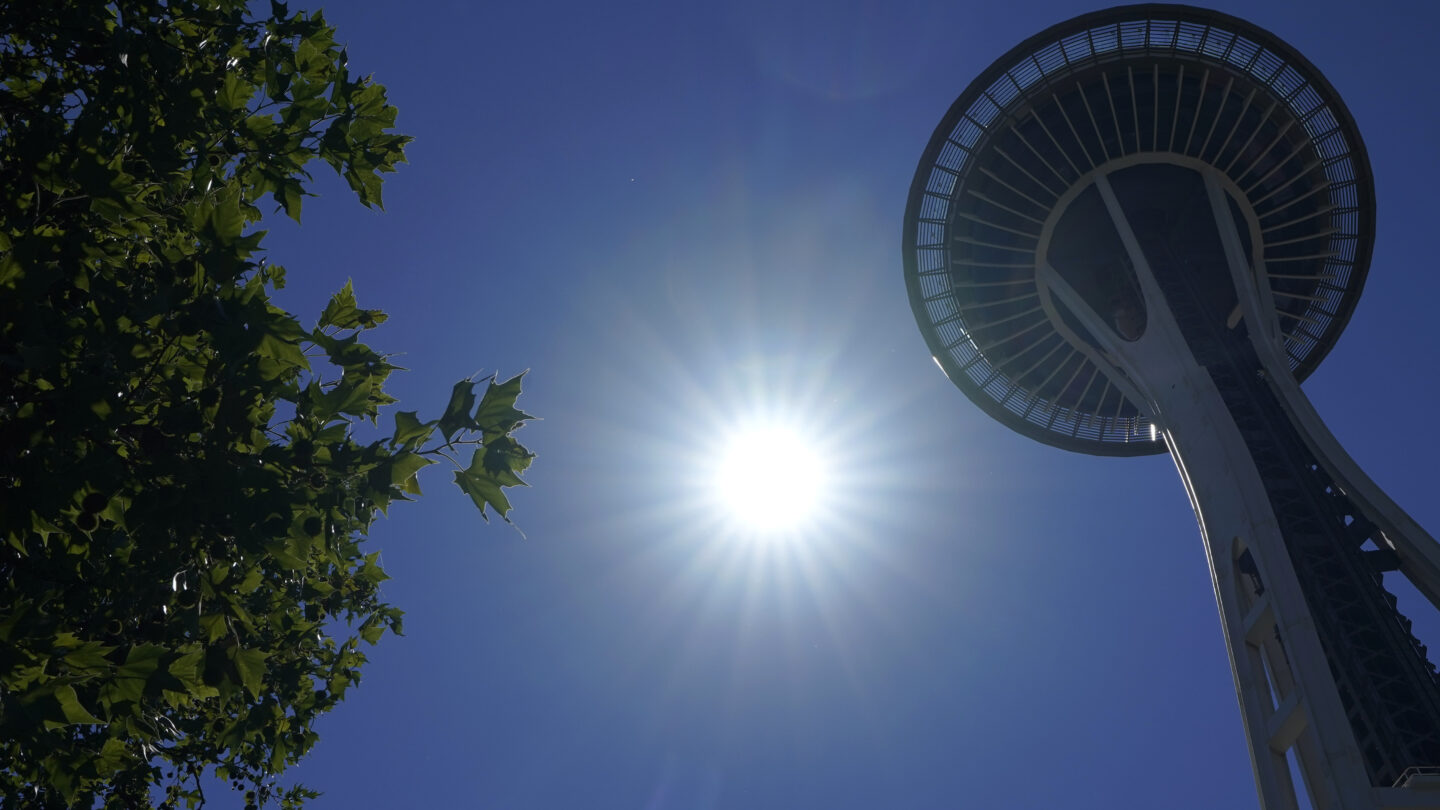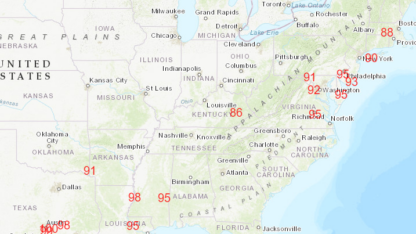In some places, nights are warming faster than days thanks to climate change.
And now, scientists believe there’s a correlation between hotter weather and poorer sleep in areas around the world, according to a new study.
Scientists in Denmark analyzed anonymized data from tens of thousands of smartwatches and wristbands from around the world. They matched data about when people fell asleep and woke up with information about the local weather. They found that when it’s hotter overnight, people have more trouble falling asleep.
The study published in One Earth notes that skin and core body temperatures become more sensitive to environmental temperatures during sleep.
The researchers say the effect of hotter temperatures on sleep is felt unequally. Older people (whose bodies don’t produce enough sweat to cool their bodies), residents in lower-income countries, women, and people living in already-hot-climates feel the impact more, they say.

9(MDAxODM0MDY4MDEyMTY4NDA3MzI3YjkzMw004))









